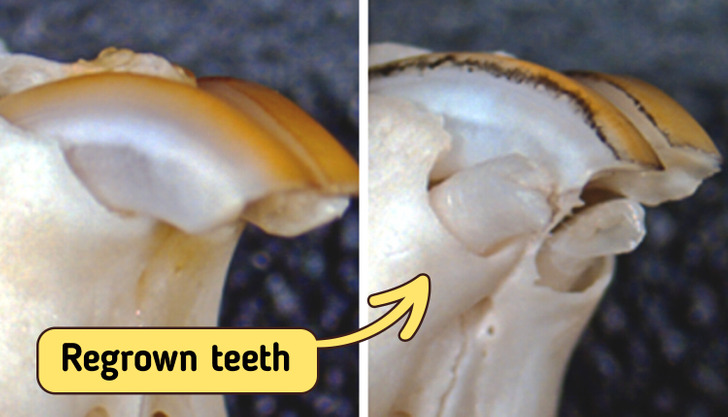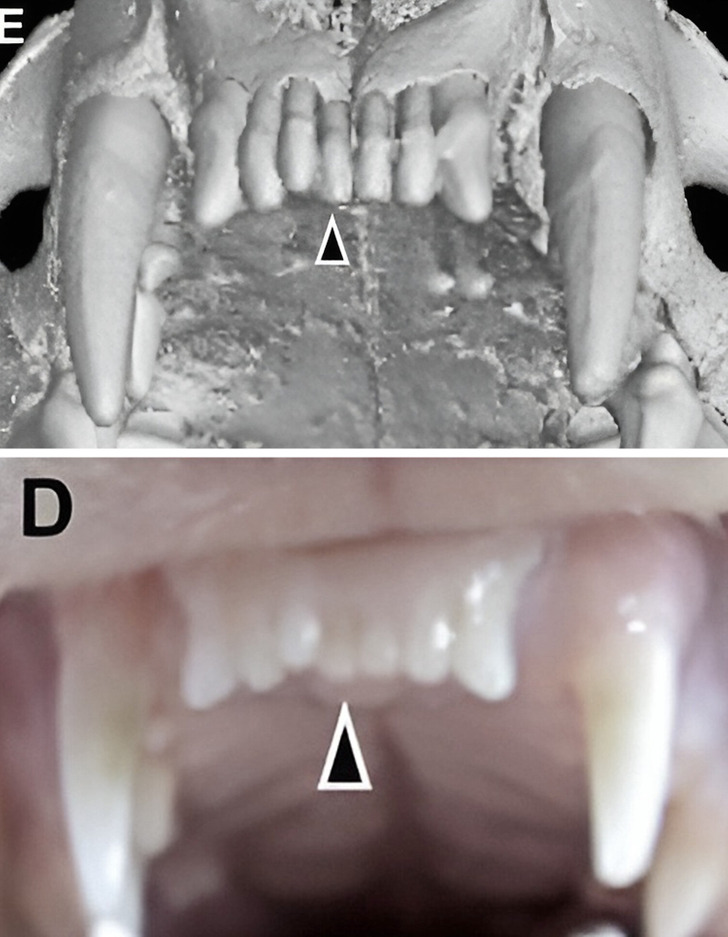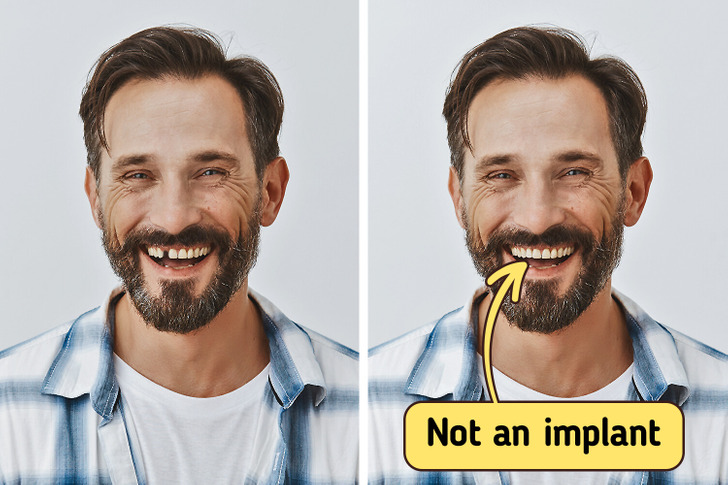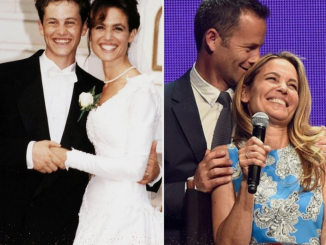The tooth fairy is a welcome guest for any child who has lost a tooth. Not only will the fairy leave a small gift under the child’s pillow, but they be assured of a replacement tooth in a few months. Unfortunately, the scenario is quite different for adults grappling with a loss of teeth. Luckily, there may be some hope thanks to a new study performed by scientists at Kyoto University and the University of Fukui.
A dental breakthrough
While the typical adult mouth houses 32 teeth, approximately 1% of the population exhibits variations of them, either possessing more or fewer teeth due to congenital conditions. Researchers have delved into the genetic factors behind cases of excessive teeth, seeking valuable insights into the potential regeneration of teeth in adults. This study is the first to show that monoclonal antibodies can help regrow teeth. It suggests a new way to treat a dental problem that currently requires implants and other artificial solutions.
A bit of science
The research team disclosed that an antibody targeting a specific gene, known as uterine sensitization-associated gene-1 (USAG-1), can induce tooth development in mice affected by tooth agenesis, a congenital condition. The findings were published in the journal, Science Advances.
As per Katsu Takahashi, a senior lecturer at the Kyoto University Graduate School of Medicine and one of the principal contributors to the study, the essential molecules crucial for the development of teeth have already been pinpointed. “The morphogenesis of individual teeth depends on the interactions of several molecules including BMP, or bone morphogenetic protein, and Wnt signaling,” says Takahashi.

On April 13, 2021, the University of Kyoto posted its first pic of newly-grown teeth in mice.
BMP and Wnt are involved in more than just tooth development; they affect the growth of organs and tissues early in the body’s development. Because drugs affecting them directly might have broad side effects, scientists are cautious. To find a potentially safer method, researchers focused on the gene USAG-1, thinking that aiming at factors countering BMP and Wnt specifically in tooth development could be more precise.
“We knew that suppressing USAG-1 benefits tooth growth. What we did not know was whether it would be enough,” added Takahashi.
The first results
Scientists looked at how different monoclonal antibodies affect USAG-1. Monoclonal antibodies are often used to treat things like cancer and arthritis and for making vaccines. Tests with this antibody showed that BMP signaling is crucial for deciding the number of teeth in mice. Also, just one treatment was enough to grow a whole tooth. Further tests confirmed these positive results in ferrets too.
“Ferrets are diphyodont animals with similar dental patterns to humans. Our next plan is to test the antibodies on other animals, such as pigs and dogs,” explained Takahashi.

Fully regrown frontal teeth in ferrets
The next steps

Now, scientists are going to test the drug on healthy adults. If that goes well, the team plans to try it on kids aged 2 to 6 with a rare tooth problem called anodontia, a genetic disorder defined as the absence of all teeth. These kids will get one shot of the drug to see if it makes their teeth grow. If everything works out, the medicine might be approved by 2030.
Takahashi sees the new medicine as an additional choice for individuals who are missing some or all of their teeth.
“The idea of growing new teeth is every dentist’s dream,” Takahashi told the Japanese newspaper, The Mainichi in June this year. “I’ve been working on this since I was a graduate student. I was confident I’d be able to make it happen.”
So hopefully, by the year 2030, humans will get a chance to have their third generation of teeth grown and say goodbye to implants. Until then, make sure to keep your teeth strong and healthy — this article will help you with that.
Preview photo credit KyotoU_News / Twitter
Men Singing ‘You Raise Me Up’ Will Give You Chills

A strong acapella song may enhance any type of music, whether it’s through the vocalists’ capacity to capture the listener’s interest or the absence of extraneous instruments that draw attention to the lyrics.
This is especially true of Brigham Young University’s (BYU) Vocal Point’s acapella rendition of the 2003 hit song “You Raise Me Up” by Josh Groban. They give this lively song a fresh new energy.
Students Dave Boyce and Bob Ahlander founded the acapella group BYU Vocal Point in 1991. After selling out their first performance, the foursome rose to prominence on campus.
In addition to placing fifth in the third season of NBC’s The Sing-Off, BYU Vocal Point has won other prizes since its formation.
They gained greater recognition for their talent in December 2018 when they announced on social media that they had inked a record deal with Universal Music Group’s Decca Gold, a classical label.
Member Jason Bromley remarked, “We’re just regular college students doing amazing things.”
The “You Raise Me Up” music video is an intense vocal excursion.
The “You Raise Me Up” music video is set against a stunning panorama of mountains and valleys.
A single clear voice begins the recording, then a moment later another one harmonizes with it to provide a rich, multi-layered sound.
Together with their bright, clear voices, the ensemble creates incredible vocal percussion sounds.
As they travel over the hilly terrain, the vocalists’ rendition of the song becomes more immersive.
The scenario almost devolves into an excessively calm state, illustrating the way in which music has the power to transport listeners.
Their harmonies work so effectively together that it’s difficult to determine who the lead singers are.
Instead of merely reproducing the original, they provide a remarkably fresh take on this widely covered song.
Their unique style and arrangement are incorporated into the song with a new hook at the end that enhances the harmonies. The crescendo is bolstered by an additional student chorus, making for an extraordinarily powerful conclusion.
You’re going to adore BYU Vocal Point’s incredible rendition of “You Raise Me Up.” While unwinding, take enjoy this unique and moving performance.



Leave a Reply